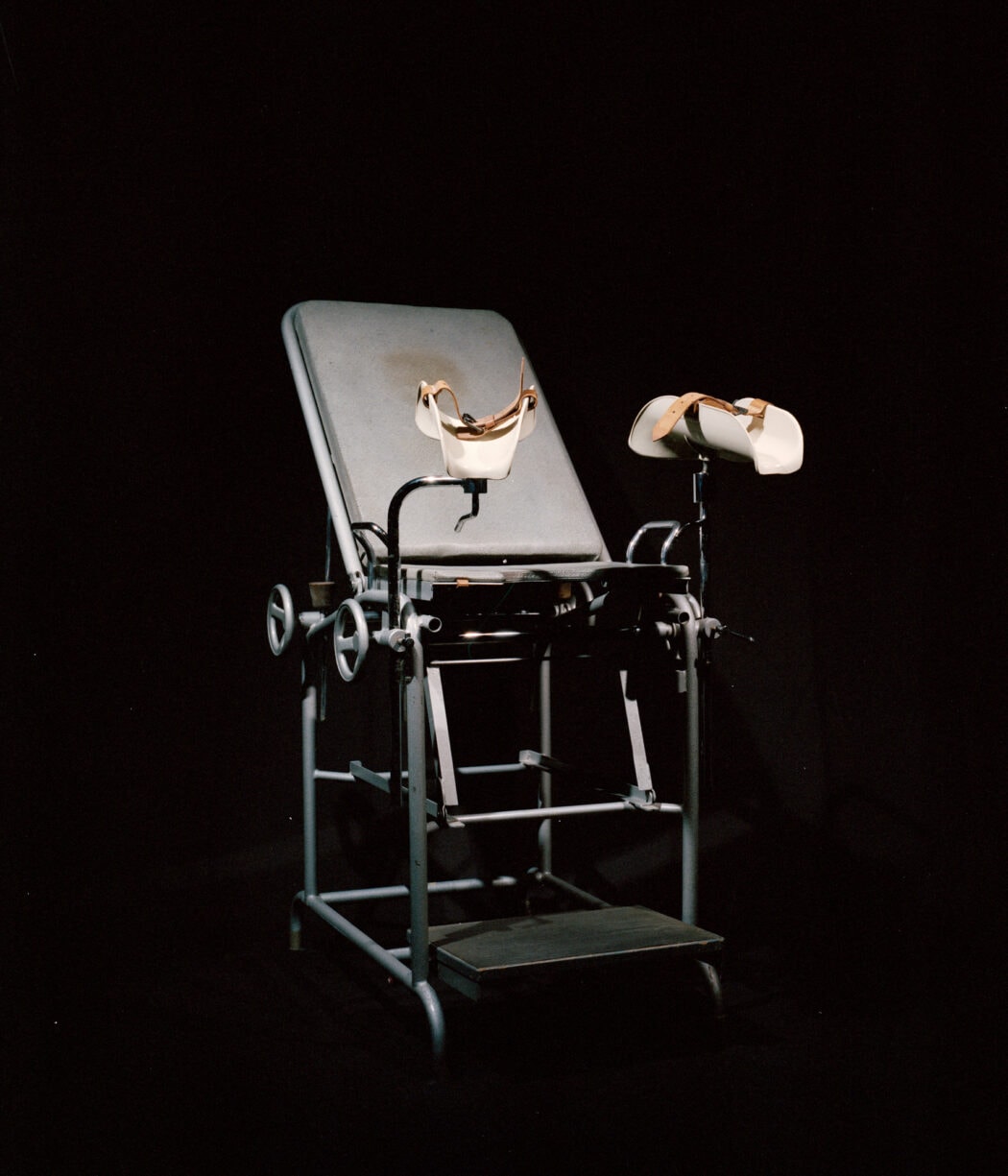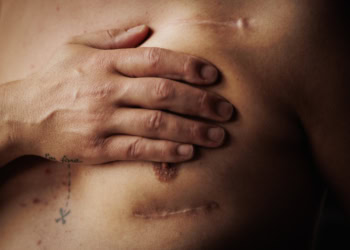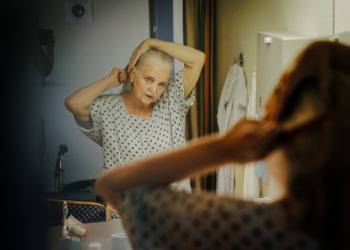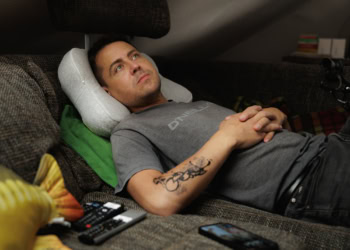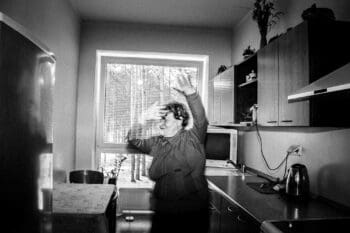Thief of Womanhood.
In her bachelor project, Amelie Sachs deals with polycystic ovary syndrome.
Acne, hair loss, beard growth, obesity, painful cysts, menstruation stops. Polycystic ovary syndrome affects approximately 10% of all women* of childbearing age in Germany and can lead to infertility. In her work “Thief of Womanhood”, Amelie Sachs, in collaboration with her protagonists, takes a personal and intimate look at the life experience of sufferers of this syndrome, which is largely ignored in research and by female specialists. In doing so, the photographer not only questions existing gender roles, but also criticizes the view of gynecology, which is still structurally male-dominated today.
Amelie Sachs, born 1996 in Munich, works as a photo editor and documentary photographer. In her projects, she explores the possibilities of feminist rebellion against patriarchal structures and incorporates fictional elements into her documentary practice. The dialogical and participatory process of creating the images is an important component of her work.

